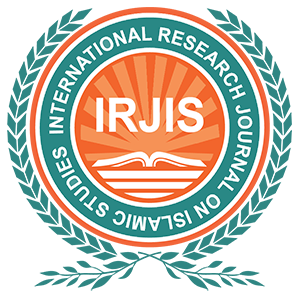Abstract:
The ever-growing human population poses serious challenges, particularly concerning global food security. As conventional food sources may become insufficient, it is essential to explore sustainable alternatives. One such potential solution is the use of insects as a food source. Insects are highly nutritious, containing substantial amounts of proteins, fats, essential vitamins, minerals, and bioactive compounds. Their consumption not only helps meet dietary needs but also offers environmental benefits, such as reducing pollution and lowering greenhouse gas emissions. This research article also explores the Islamic legal perspective on the consumption of insects by presenting the viewpoints of the four major Sunni schools of thought (A’immah Arba‘a). It highlights that while certain insects are explicitly prohibited, the general stance in Islamic jurisprudence is not one of absolute prohibition. Therefore, many insects may be permissible and can be considered viable components in addressing future food shortages. The study offers an integrated approach combining scientific insight and Islamic jurisprudence to address one of the most pressing issues of our time.
Keywords: Insects as Food, Food Security, Islamic Jurisprudence, Sustainable Nutrition, A’immah Arba‘a Perspectives

